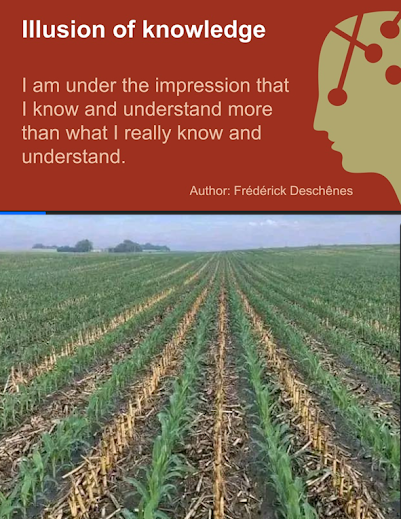Today, Wednesday, 30 Oct 2024, my wife Amparo Medina Reynoso is exactly 79 years old. I woke up at about 4:30 AM, that early, which is unusual, and I kissed her while she was sleeping – and at once, she shoved me on the face, hard! Something wrong with her? That’s my Amparo!
Actually, she has not been feeling well since she fell
down about a year ago and broke her left hip bone. She has had that hip
replacement. She has been recuperating, but apparently her natural feelings have
not recovered!
Amparo. After
being shoved by Amparo while showing love, should I now invoke the juridical
law “Writ of Amparo” as an aggrieved person? Ah, but I am not an aggrieved person – rather, I am a gift person; so to my Amparo, here are
my
GIFTs:
“God, I’ll Forget That!“
“God, I Forgive That!“
“God, I Forgo That!“
“God, I’m Forever True.”
There is that saying, “If you love someone, let them
go.” Andriy says about the saying (Psychology Tips, psychology.tips):
“Contrary to popular belief, real love isn’t about
possession or control. It’s about cherishing someone for who they are – flaws
and all – and wishing the best for them…”
So to my Amparo,
my gifts! I wish you the best with them!
Oxford
Dictionary says (oxcon.ouplaw.com):
“1. …. Thus, the function of the writ of amparo is to
give persons (both individuals and juridical persons) an instrument to
challenge acts of authorities (including administrative, judicial and
legislative acts), for being contrary to the fundamental rights contained in
the Constitution.”
(top image from prezi.com)
Ah, but my own personal
Constitution is written in only 2 words: “God’s Love.”
A health note:
Amparo was sleeping on her left side, the one with the doctor-repaired hip.
“Specifically, a
small body of research suggests that, for many people, sleeping on the left
side may be the ticket to better health and better sleep.”
LifeHack says (lifehack.org):
“So why all the
fuss about sleeping on the left side? Turns out it may be good for our
digestion, our backs, and even our hearts due to the positions of different
organs.”
Jennifer
Chesak says (20 March 2023, “How
These 3 Sleep Positions Affect Your Gut Health“, Healthline, healthline.com):
“Pro Tip For Side
Sleeping
“Start out on your
left side at night to prevent heartburn and allow gravity to move waste through
your colon. Alternate sides if your shoulder bothers you. Place a firm pillow
between your knees and hug one to support your spine.”
So much for
sleeping and being shoved on the face for kissing!
The bottom image is my favorite picture of Amparo –
she is holding a bunch of sweet rambutan fruits and her smile is sweeter than
wine!
God gifted us with many children: Tina,
Jomar, Dida, Jay, Techie, Cynthia, July, Jenny, Ernie, Daph, Neenah, Edwin and Ela.
Today? Amparo cannot
make me angry anymore. That’s how much I love her!@517












